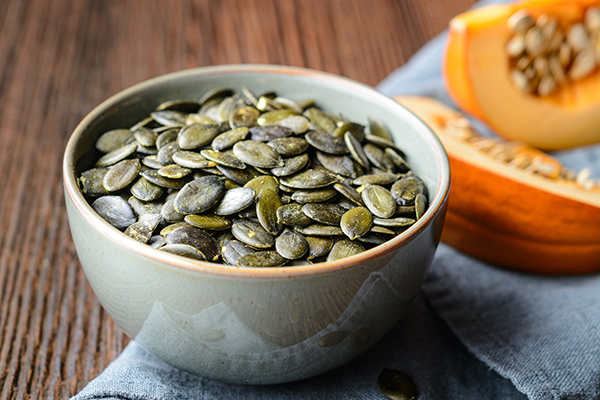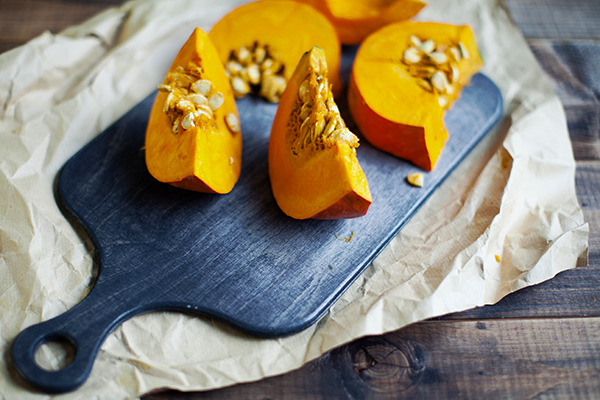No matter where you live, the beginning of fall marks a favorite time of year for many people: pumpkin spice season.
From coffee to cookies to side dishes, this is the season when pumpkin starts popping up everywhere, and for good reason — along with its distinctive sweet-and-savory flavor, pumpkin is also a nutritional powerhouse.
Put on your favorite cozy sweater and learn more about pumpkin nutrition.
Pumpkin Nutrition Facts
If you’ve only been eating pumpkin in pie form, it’s time to expand your options with this highly versatile member of the winter squash family.
Botanically speaking, pumpkins are a type of fruit — but because they’re not super-sweet, they also work well as a “culinary vegetable.”
(Pro tip: Learn more unusual and fun facts about this orange fruit!)
A half-cup serving of canned pumpkin has 50 calories, 2 grams of protein, and 11 carbohydrates. It also provides several key nutrients, including:
Fiber supports healthy digestion and can help you feel full — and one half-cup serving of canned pumpkin has about 3 grams of fiber.
Pumpkin provides plenty of beta carotene, which gives orange fruits and veggies their distinctive color. Beta carotene has antioxidant-like properties and is used by the body to make vitamin A.
When you think of potassium, you likely think of bananas — but pumpkin has a significant amount as well.
That’s a big deal since potassium is an important mineral in the body and is vital for supporting normal cell, nerve, and muscle function.

What’s the Nutritional Value of Pumpkin Seeds?
The fleshy part of the pumpkin isn’t the only option when it comes to nutrition. Pumpkin seeds are also edible and packed with nutritional benefits.
One ounce of unsalted pumpkin seeds, without shells, has 163 calories and provides 8 grams of protein and almost 2 grams of fiber.
Whole, roasted pumpkin seeds contain around 5 grams of fiber per ounce.
Pumpkin seeds provide essential minerals like potassium, magnesium, and calcium. They also contain polyunsaturated fatty acids and plant sterols, both of which are believed to benefit heart health.
As long as you watch your serving sizes, pumpkin seeds are a yummy fall snack you can enjoy every day.
Add Pumpkin Spice Flavor to Your Day
The beloved pumpkin spice latte can be loaded with sugar, but there are so many healthier ways to enjoy this fall flavor.
Whip up one of the pumpkin recipes below:








